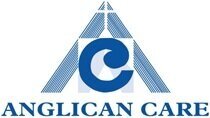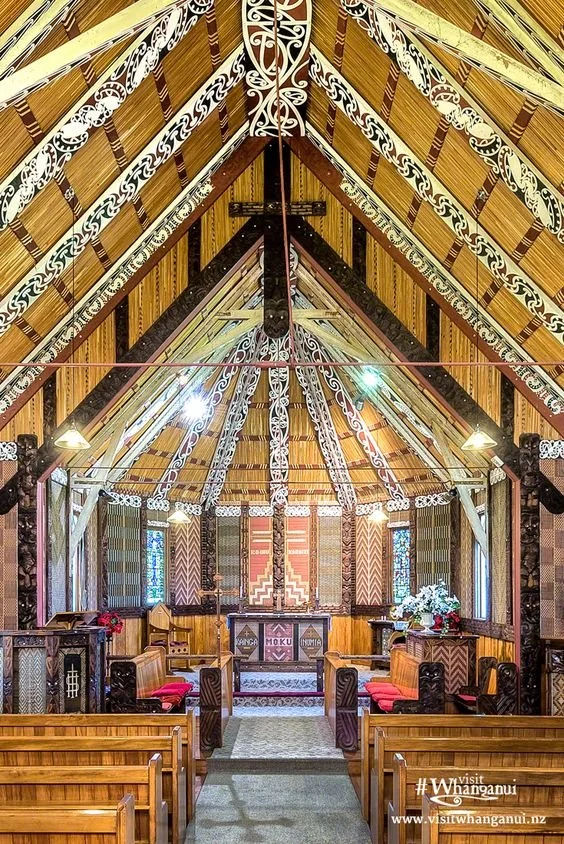Our Network:
provides a national network of support and coordination to Anglican social service providers
is a forum for members to share common concerns and ideas, and identify common issues
gathers information required to lobby for policy changes
promotes the range of social service work being undertaken in the name of the Anglican Church
promotes and monitors a professional code of ethics and appropriate standards of service delivery
liaises with other Tikanga partners in social service as appropriate
is an Anglican member of the New Zealand Council for Christian Social Services.

The three components of the Anglican Care Network:
Networking
Lived experience and advocacy
Bicultural Partnership
Networking
“The currency of real networking is not greed but generosity.”
To provide a regular (twice yearly) forum for members to share common concerns and ideas and identify issues. This is a significant part of the agenda for each meeting
Dioceses will be invited to identify in advance what the issues are for them. When calling for agenda items, members will be sent a list of reflection questions for them to consider to help focus for upcoming meeting – questions along the lines of:
What is the important issue for your diocese?
What is important issue for your organisation?
What is important issue to you personally?
What you want to take back from the meeting
Expert input /insight/wisdom on specific issues (identified beforehand) may be sought from outside the membership of the network.
Issues may also be identified from the House of Bishops, IDC or General Synod.
Our aim is to uphold and encourage the work of each diocese. At each meeting a written or oral report from each diocese will be received in order to gain insight from others and share ideas of what is working and what is not
Contract with Tindall Foundation to act as Funding Manager for Tindall Foundation funding to dioceses. Application forms sent to Diocese reps - applications received and collated by Diocese reps - applications and recommendations considered by ACN Exec.
Accountabilities complied with.
Social Service Sunday resources produced and distributed for use.
The purpose is to raise awareness. Seen as a peg in the ground so something is done. Use it as a peg to look specifically at those things rather than forget them all the time.
To regularly communicate what is happening at grassroots level across the dioceses.
To produce a regular communication from the ACN secretariat the meeting members will decide on a summary of points/issues discussed at the meeting at the end of each meeting to send to: the Archbishop, each Bishop, each Diocesan secretary/administrator, and members who were not present in addition to reps reporting back.
Meeting Minutes to be sent to ACN members after each meeting.
Newsletter to ACN Members, Diocesan Managers, Bishops, Taonga editor, General Synod officers, and on website. Copy to Tindall as a major funder of ACN. Articles to be fed into each Taonga issue.
To regularly update the directory.
Each Diocese website has information relating to social services offered within their diocese.
Links to each Diocese website to be able to be accessed from the Anglican Care Network website.
Issues to explore further:
Does the Network exist outside of the meeting time? If it does, then how does it?
Lived Experience and Advocacy
To be a flow of information and conversation with the House of Bishops
To receive a report from the House of Bishops via their representative.
To prepare a summary from the ACN Network meeting for the House of Bishops.
To be an active member of NZCCSS and recognise the role they play in collecting the data and stories of our sector and interpreting it
2 representatives from ACN to attend NZCCSS meetings.
Reps to take a summary to and from the NZCCSS meetings
At local level to actively feed NZCCSS our data and stories
to encourage connections from parishes with NZCCSS’s information and activities.
Recognising that justice and service belong together and flow in and out of each other
To encourage an ongoing partnership with justice and advocacy services in our dioceses and bring those stories into the ACN meetings.
Invite Social Justice reps to an ACN meeting
To seek out an active relationship with whatever is the entity for the social justice part of the three tikanga church
Issues to explore further:
Opportunity in the future to consider holding an ACN meeting that has equal membership of social service and social justice.
Bi-Cultural Partnership
To initiate a conversation with our Tikanga Maori partner about social services and justice with the hope of fostering an ongoing life-giving relationship.
To encourage each diocese to seek out conversations with Tikanga Maori in their own area.
To check in on those conversations at each ACN meeting.
To hold a hui with Tikanga Maori to explore this relationship.
To acknowledge our partnerships with iwi-based social services and how they affect our work.



